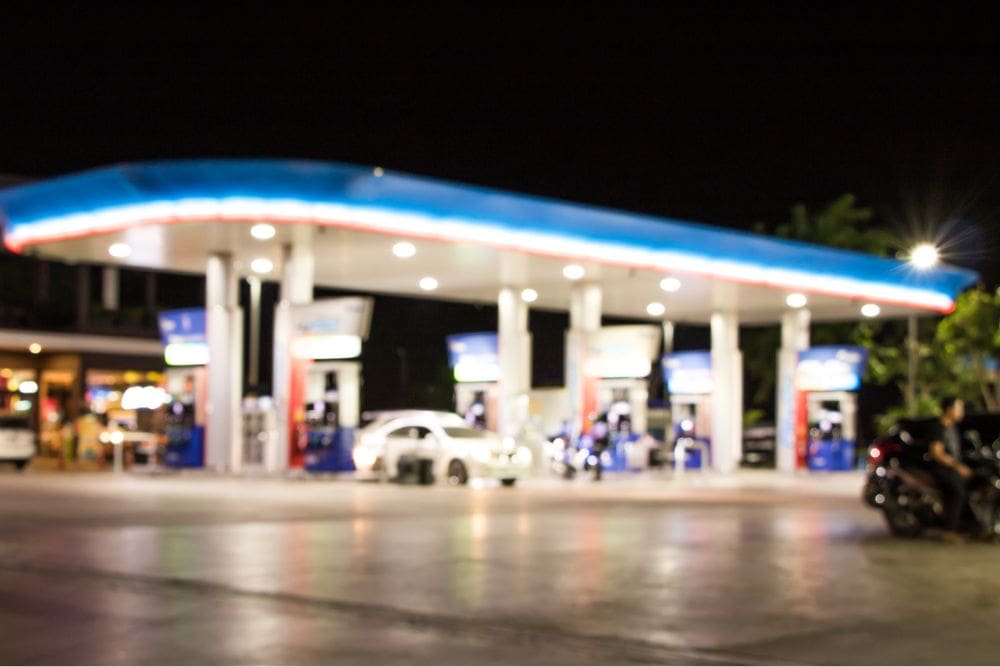Tianeptine, a drug with a controversial reputation, has recently garnered attention for its abuse potential and the nickname it has earned: Gas Station Heroin. Originally developed as an antidepressant, Tianeptine has gained infamy for being easily accessible in some parts of the world, even at convenience stores and gas stations. While it was initially praised for the unique way it works in treating depression and anxiety, concerns have grown about its misuse and the significant risks it poses to public health.
What Is Tianeptine
Tianeptine is a prescription drug that was developed in France in the 1960s as an antidepressant. Unlike more commonly known antidepressants such as Prozac, Zoloft, or other SSRIs (Selective Serotonin Reuptake Inhibitors), Tianeptine works through a distinct mechanism. It was believed to enhance serotonin uptake in the brain, while also interacting with opioid receptors at higher doses. However, researchers discovered it does not just interact with opioid receptors; it actually activates them the same way other opioids, such as oxycodone, morphine, or fentanyl, do.
In its approved form, Tianeptine is prescribed in certain countries for treating major depressive disorder, anxiety, and, in some cases, irritable bowel syndrome. It is not FDA-approved for medical use in the United States. However, it can be found in some dietary supplements or as a powder marketed as a nootropic (a cognitive enhancer). Despite its original intent as a treatment for mental health conditions, Tianeptine’s pharmacological properties make it particularly risky when used in ways not prescribed by a doctor.
What makes Tianeptine unique is its action on the brain’s opioid receptors. While its primary function at therapeutic doses is to regulate mood, at higher doses, it acts similarly to opioids. This has made it attractive to individuals seeking the euphoric or sedative effects associated with opioid use.
Why It Is Called Gas Station Heroin
Tianeptine’s nickname, Gas Station Heroin, is derived from its availability in certain convenience stores and gas stations in the United States. This easy accessibility has made Tianeptine a target for misuse, particularly among individuals already struggling with substance use disorders. The term Gas Station Heroin also highlights its opioid-like effects at high doses, which mimic the euphoria and addictive potential of traditional opioids like heroin or prescription painkillers.
Unlike prescription opioids, Tianeptine products sold at gas stations or online aren’t regulated—and that’s a big problem. You never really know what you’re getting. The dosages can vary wildly, making it even easier to misuse and much more dangerous. What’s even more troubling is how easy it is to buy something this powerful with almost no restrictions in some places. It raises serious concerns about safety and why more isn’t being done to protect people from the risks.
Risks and Side Effects of Tianeptine
The risks of using Tianeptine are significant, particularly when it is taken in high doses or without medical supervision. At therapeutic levels, it may be relatively safe, but misuse can lead to severe consequences, including addiction.
One of the most concerning risks of Tianeptine is its potential for dependence and withdrawal, which resembles that of opioids. Those who use Tianeptine recreationally or in excessive amounts may develop a tolerance, requiring increasingly higher doses to achieve the desired effect. This can quickly lead to physical and psychological dependence. Withdrawal symptoms can include severe anxiety, depression, agitation, muscle pain, nausea, and insomnia, making it difficult for users to quit without medical assistance.
In addition to its addictive properties, Tianeptine misuse can lead to other serious health problems. At high doses, it has been associated with respiratory depression, a potentially life-threatening condition where breathing slows or stops altogether. It can also cause heart issues, confusion, drowsiness, and gastrointestinal problems. In some cases, individuals who misuse Tianeptine may combine it with other substances, such as alcohol or sedatives, further compounding the risks of overdose or severe side effects.
Another issue is the variability in the purity and dosage of Tianeptine products sold as supplements. Without regulation, these products may contain contaminants or incorrect dosages, increasing the likelihood of adverse reactions or toxicity.
Legal Status and Regulation
The legal status of Tianeptine varies widely across the globe. In many European and Asian countries, it is available as a prescription medication for depression and anxiety. However, its use is closely monitored to prevent misuse. In the United States, as public awareness of Tianeptine’s risks has grown, some states have moved to ban or regulate its sale.
Anabranch Recovery Can Help
If you or someone you know is struggling with Tianeptine misuse or addiction or any substance addiction, it is critical to seek help right away. Drug or alcohol addiction is a manageable, chronic disease that alters the brain. The compassionate professionals at Anabranch Recovery Center in Terre Haute, Indiana, are ready to help. They will provide the resources and skills needed to reclaim control of your life. Reach out to us today.




